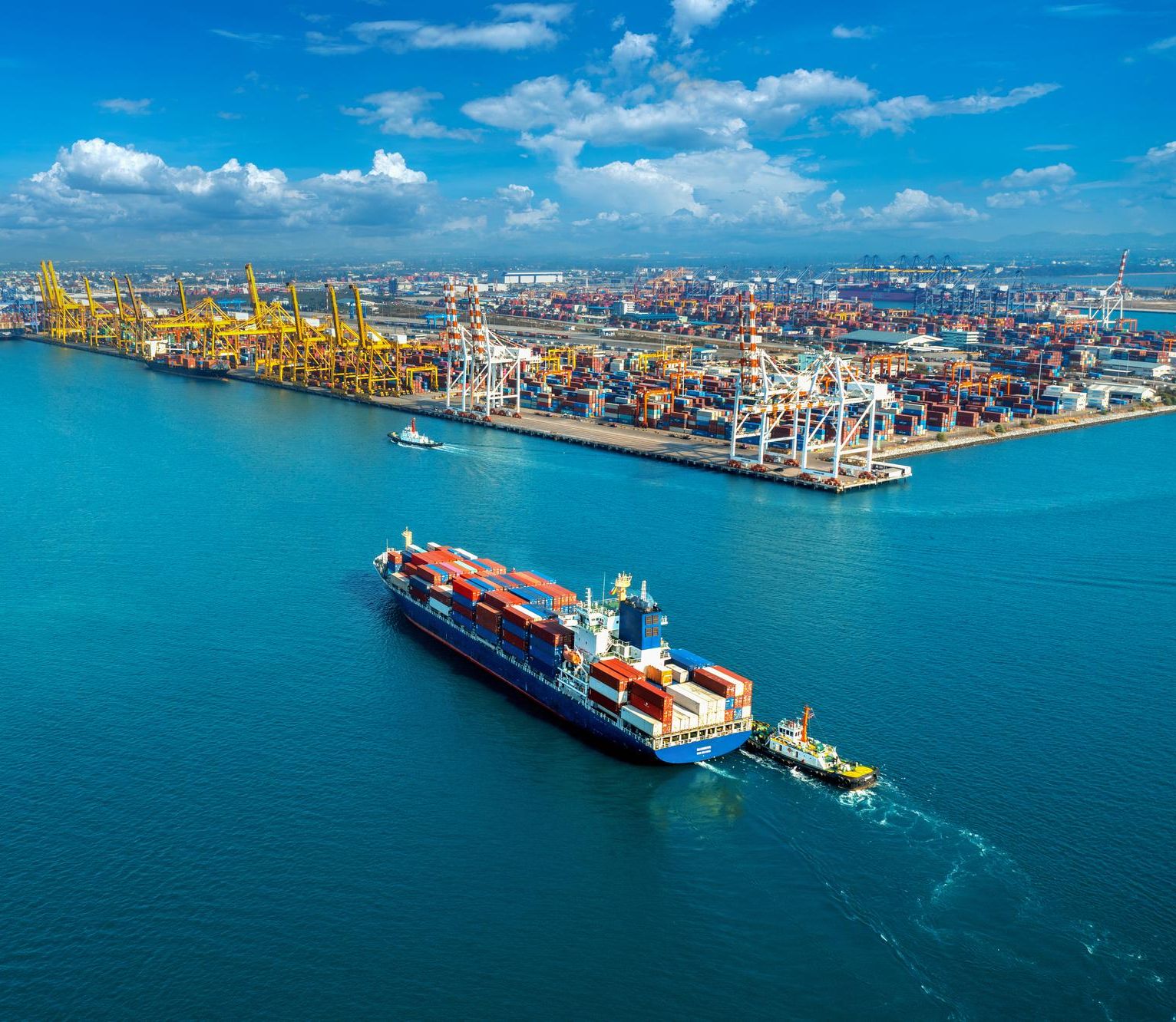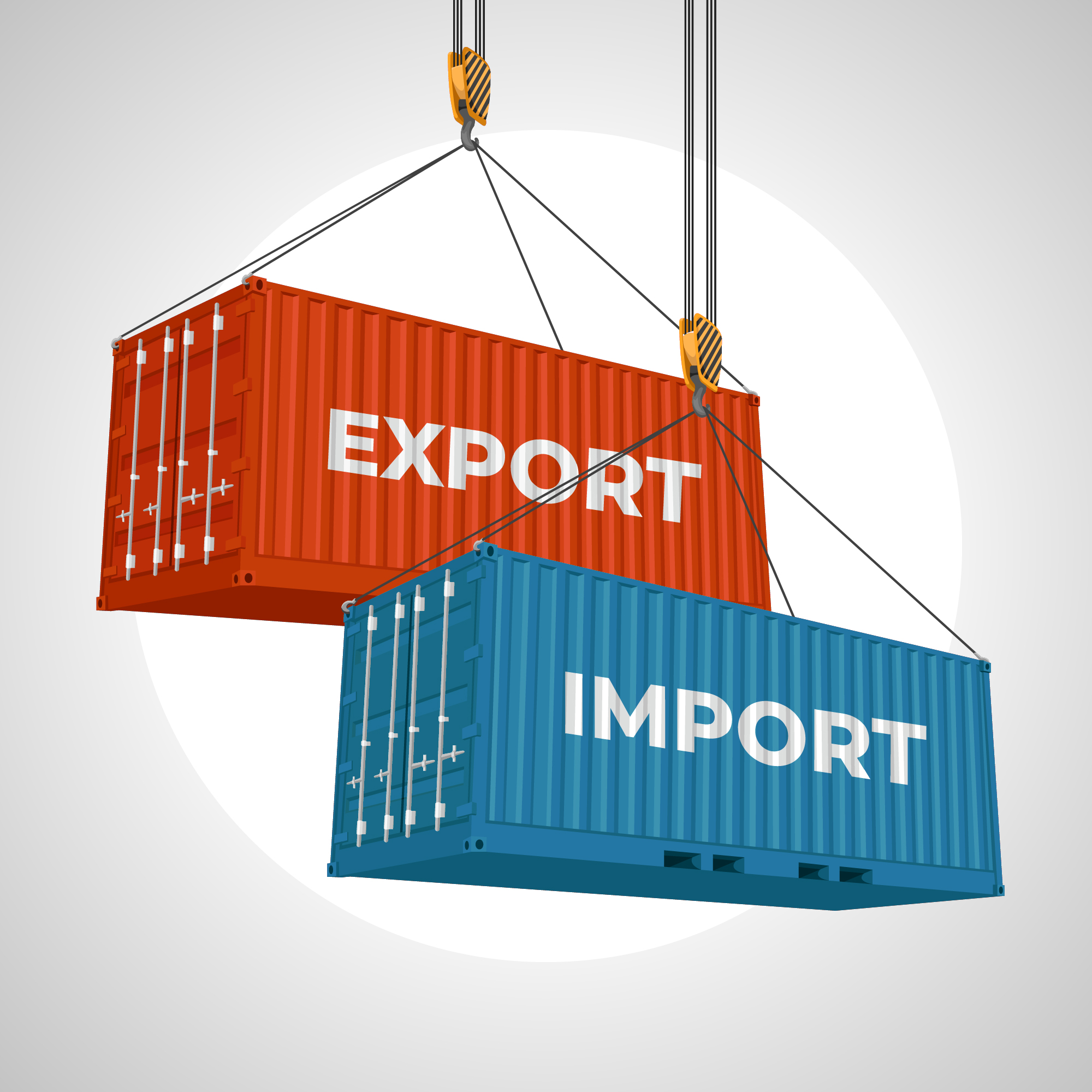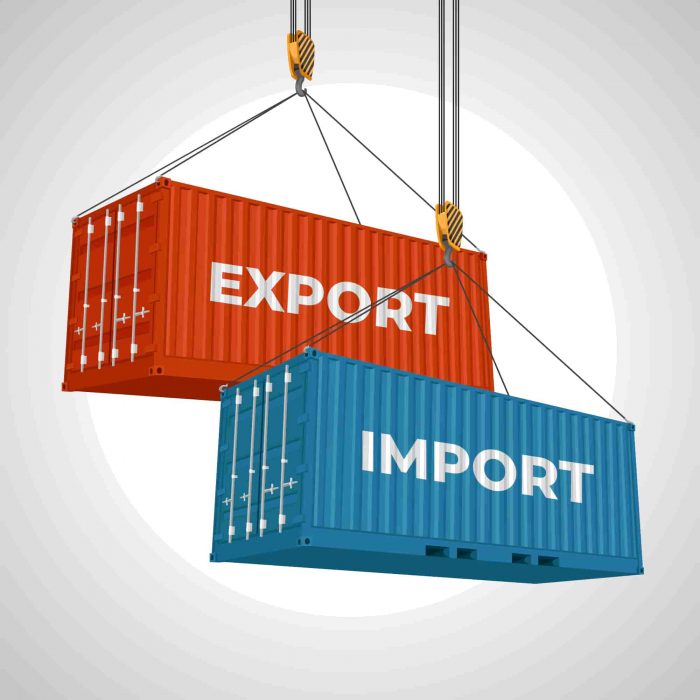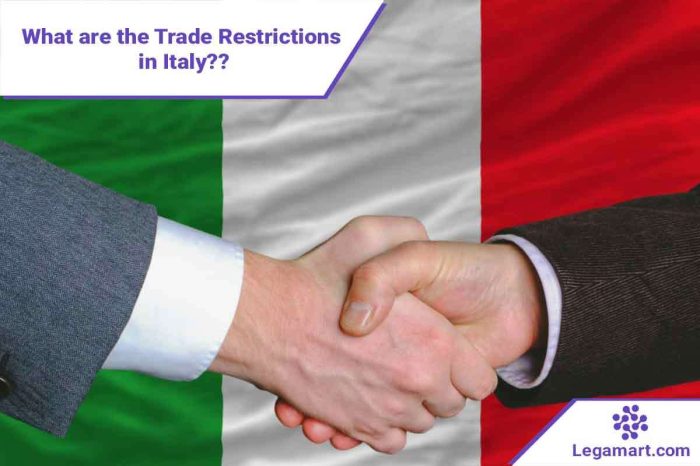Import/Export Agreement
Import/export agreements are common in international trade, and they are subject to a variety of legal issues. These agreements govern the terms and conditions of the import/export of goods between two or more countries, including the payment terms, delivery schedules, and warranties. In some cases, import/export agreements may also include provisions related to intellectual property rights, liability, and dispute resolution. It is important for parties to such agreements to ensure that they comply with all relevant international laws and regulations, including customs laws and export control regulations.
Find best lawyers for Import/Export Agreement
Issues related to Import/Export Agreement
Introducing an import agreement is a big decision for any company. It can be a complex and intimidating process, with many legal requirements and paperwork. However, researching and understanding the process can be a great way to grow your business internationally.
There are a few key things to keep in mind when developing an import agreement. First, ensure that the agreement complies with all relevant laws and regulations. This includes summarising licenses and permits and ensuring all taxes and duties are adequately paid. You’ll also develop full contract terms that protect your company’s interests while being fair to your import partner. The importation agreement guarantees that, under the specified conditions, the importing country will allow the exported goods to be re-exported to a third country. This is an essential guarantee for companies doing business across borders, as it ensures that their products can be shipped freely between countries without additional restrictions or tariffs.
Importing countries often restrict goods being re-exported to other countries, so this agreement ensures those restrictions don’t apply. It’s also crucial for companies who export goods to multiple countries, as it ensures that each country will recognise the product as being legally exported from the originating country. This helps avoid confusion or delays when moving products between different countries.
It’s important to understand that the terms of an import agreement can be complex and subject to change. Typically, an import agreement will guarantee a specific volume or value of trade between two countries and may also include provisions related to customs procedures, taxation, and other trade-related issues.


There are a few key red flags to watch out for when import and export business dealings. First, be wary of sellers who provide false or misleading information about their products. This could be bogus marketing materials, incorrect specifications, or even deliberately tampered labelling. Second, be cautious of sudden price changes without explanation; this could signify that the seller is trying to take advantage of you. Finally, avoid working with businesses with a history of serious complaints or legal issues; this could indicate that they are unreliable and not worth doing business with. By being aware of these common red flags, you can help protect yourself and your business from scams and fraudsters.
Here are a few of the most common ones:
- Lack of documentation or incomplete documentation. This is a major red flag, as it can indicate that the goods are not legitimate or not what they purport to be. They may try to cut corners by skimping documentation if you’re dealing with an unreliable or shady company. Therefore, ensure you have complete and up-to-date documentation before proceeding.
- Unusual shipping methods. Another red flag is when a company offers to ship goods using an irregular or unconventional method (e.g., via personal courier or construction equipment.
Several different types of taxes can be levied on imports and exports, depending on the country and the type of goods involved. Import taxes protect domestic industry from competition from abroad, while export taxes typically aim to raise revenue. Tariffs are the most common type of import tax and are generally calculated as a percentage of the value of imported goods. Import quotas are another common type of import tax, which imposes an upper limit on the quantity or value of certain goods that can be imported into a country in a given period. Finally, export taxes can take various forms, including taxes on the volume or value of exports, specific excise taxes on certain products, or general.
Latest Articles
Tell us more about your problem.
Please give a brief description about what it is you need to talk to our lawyers about ?
Frequently Asked Questions
What are the key provisions of an import/export agreement?
An import/export agreement is a legal contract that outlines the terms and conditions of a transaction between an importer and exporter. The key provisions of an import/export agreement typically include the following:
Scope of the agreement: This provision defines the scope of the agreement, including the goods or services being imported or exported, as well as any related activities such as packaging, labeling, transportation, or insurance.
Price and payment terms: This provision outlines the price for the goods or services, including any applicable taxes or fees, as well as the payment terms, such as when payment is due and how it will be made.
Delivery terms: This provision describes when and where the goods will be delivered, as well as the method of delivery, the party responsible for arranging and paying for transportation, and any related documentation required for customs clearance.
Warranties and representations: This provision sets out any warranties or guarantees provided by the seller regarding the quality, condition, or fitness for purpose of the goods or services being sold, as well as any representations made by either party about the transaction.
Intellectual property rights: This provision addresses any intellectual property rights associated with the goods or services being sold, including patents, trademarks, copyrights, and trade secrets.
Governing law and jurisdiction: This provision specifies which law will apply to the agreement and which court or arbitrator will have jurisdiction in case of any disputes arising from the agreement.
Confidentiality and non-disclosure: This provision requires both parties to keep confidential any proprietary or sensitive information disclosed during the course of the transaction, and not to disclose such information to third parties without the other party’s consent.
Termination and remedies: This provision sets out the circumstances under which the agreement can be terminated, as well as the remedies available to each party in case of breach or termination.
Force majeure: This provision addresses what happens in case of unforeseeable circumstances beyond the control of either party, such as natural disasters, war, or government actions, that make it impossible to fulfill the terms of the agreement.
These provisions may vary depending on the specific goods or services being imported or exported, as well as the countries involved in the transaction. It is important to seek legal advice from professionals with experience in international trade to ensure that the import/export agreement is properly drafted and complies with all applicable laws and regulations.
How can I ensure compliance with relevant import/export regulations in the United Kingdom and China?
To ensure compliance with relevant import/export regulations in the United Kingdom and China, it is important to follow these steps:
Research the regulatory environment: Thoroughly research the regulatory environment in both the UK and China. This includes understanding the laws and regulations related to the specific goods or services being imported or exported, as well as any licensing, certification, or labeling requirements.
Obtain necessary permits and licenses: Determine whether any permits or licenses are required for the import or export of the goods or services, and obtain them prior to initiating the transaction. Failure to comply with these requirements can result in penalties or fines.
Understand customs requirements: Understanding the customs requirements in both countries is crucial when importing or exporting goods. This includes providing accurate documentation, complying with all customs procedures, and paying any applicable duties or taxes.
Comply with trade restrictions and embargoes: Both the UK and China may have restrictions on the import or export of certain goods or services. It is important to understand these restrictions and comply with them to avoid penalties or legal issues.
Monitor changes to regulations: Import/export regulations can change frequently, so it is important to stay up-to-date with any new laws or regulations that may affect your business. This includes monitoring any changes to tariffs or trade policies.
Work with experienced professionals: Work with experienced professionals such as customs brokers, freight forwarders, attorneys, or other advisors who have knowledge of the local regulations and can provide guidance on how to comply with them.
Implement compliance programs: Establish internal compliance programs to ensure that your business is following all relevant regulations, including record-keeping, reporting, and training employees to recognize and prevent potential violations.
By following these steps, businesses can ensure compliance with relevant import/export regulations in both the UK and China, minimizing the risk of penalties or legal issues and enabling a successful international trade transaction.
What are some common issues that arise in import/export agreements, and how can they be addressed?
Import/export agreements can be complex, and several common issues can arise during the negotiation and implementation of these contracts. Some of these issues include:
Unclear terms: One of the most common issues is unclear terms in the agreement. This can lead to miscommunication or disagreements between the parties. To address this issue, it is important to ensure that all terms are clearly defined and understood by both parties.
Changes in regulations: Regulations regarding imports and exports can change frequently, leading to unexpected costs or delays. To address this issue, it is important to stay up-to-date with any changes in regulations and work with experienced professionals who can help navigate the changes.
Payment disputes: Disputes can arise over payment terms, including currency, payment method, and payment deadlines. To address this issue, payment terms should be clearly outlined in the agreement, and both parties should agree on the payment method and currency.
Quality issues: Import/export agreements can involve goods or services of varying quality. To address this issue, the agreement should clearly outline the quality standards that must be met, as well as any warranties, guarantees, or inspection requirements.
Force majeure events: Unexpected events such as natural disasters, political unrest, or labor disputes can disrupt import/export transactions. To address this issue, force majeure clauses can be included in the agreement, outlining what happens in case of unforeseen events beyond the control of either party.
Intellectual property issues: Intellectual property rights can be a significant issue in import/export agreements, particularly when dealing with technology or proprietary information. To address this issue, the agreement should clearly outline intellectual property rights and any licensing or usage restrictions.
Language barriers: When dealing with stakeholders from different countries, language barriers can present a significant challenge. To address this issue, interpreters or translators can be hired to facilitate communication.
To address these issues, it is important to work with experienced professionals who can help negotiate the terms of the agreement and ensure compliance with relevant laws and regulations. By carefully drafting the agreement and addressing any potential issues upfront, businesses can minimize the risk of disputes and ensure a successful import/export transaction.












